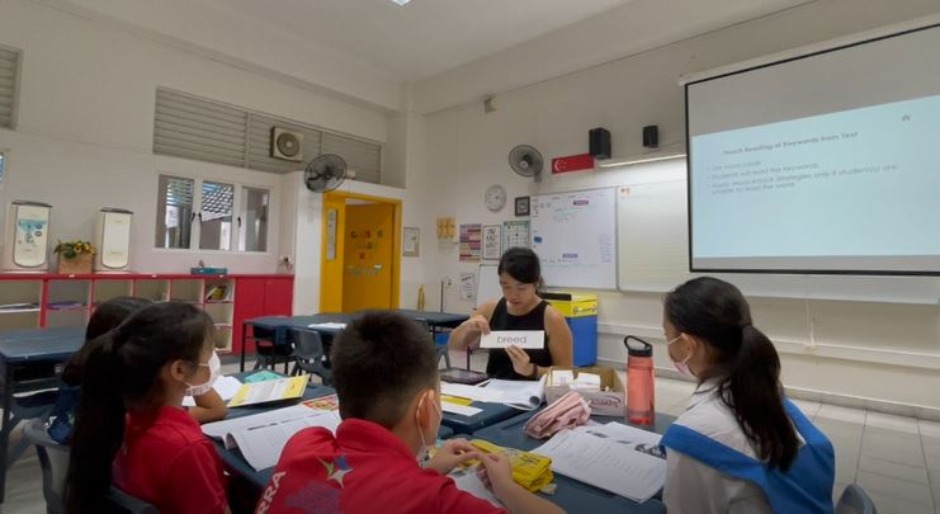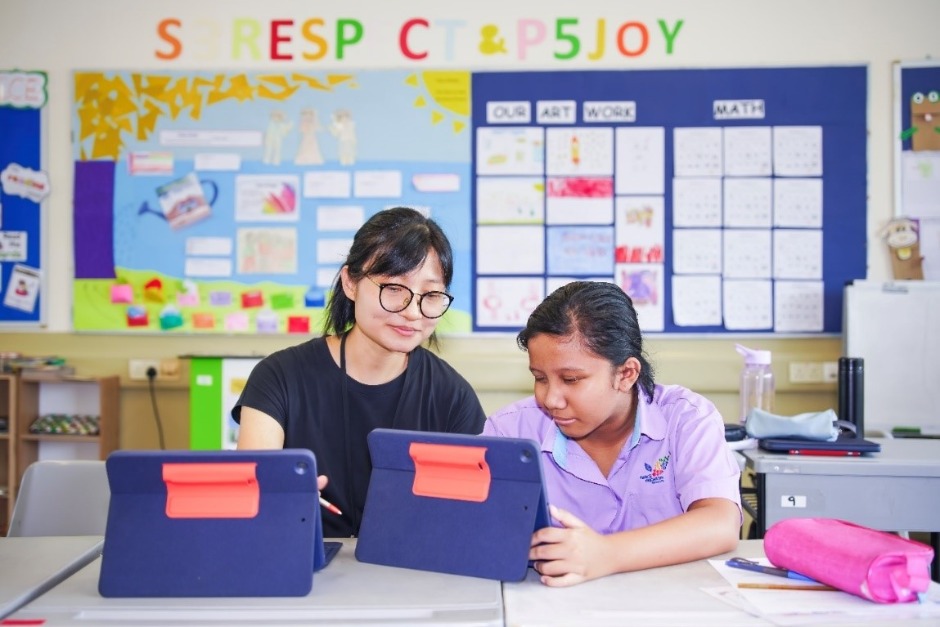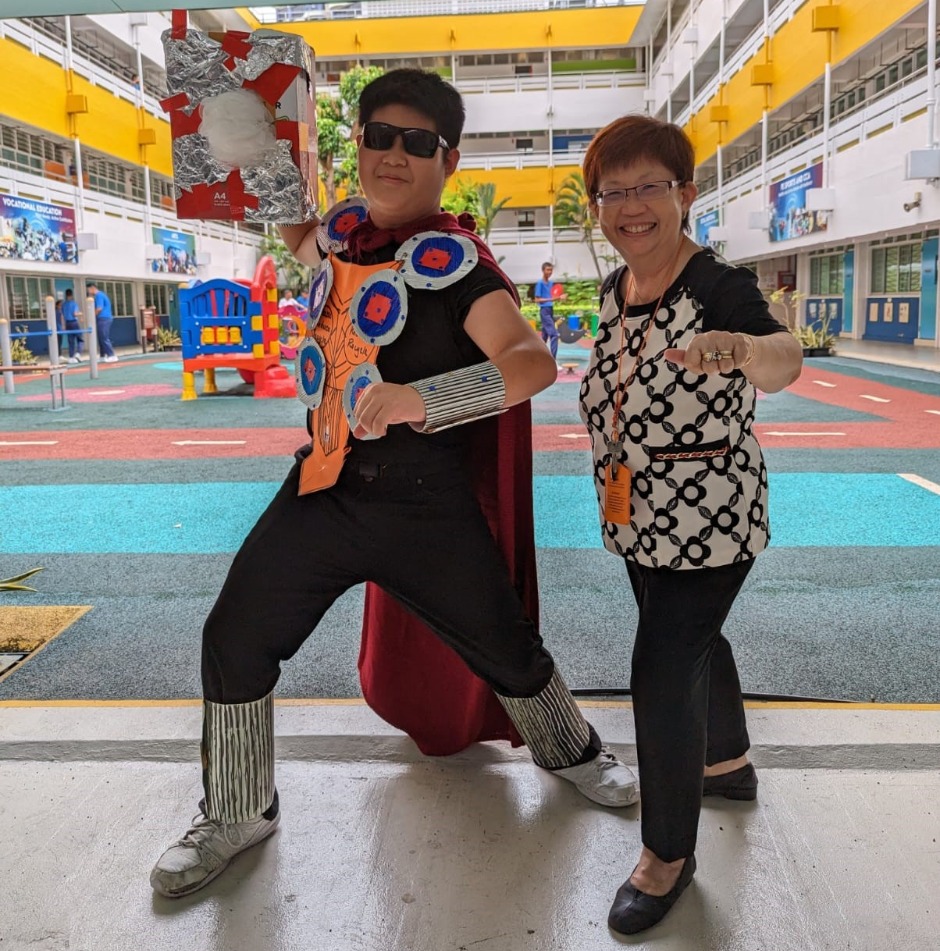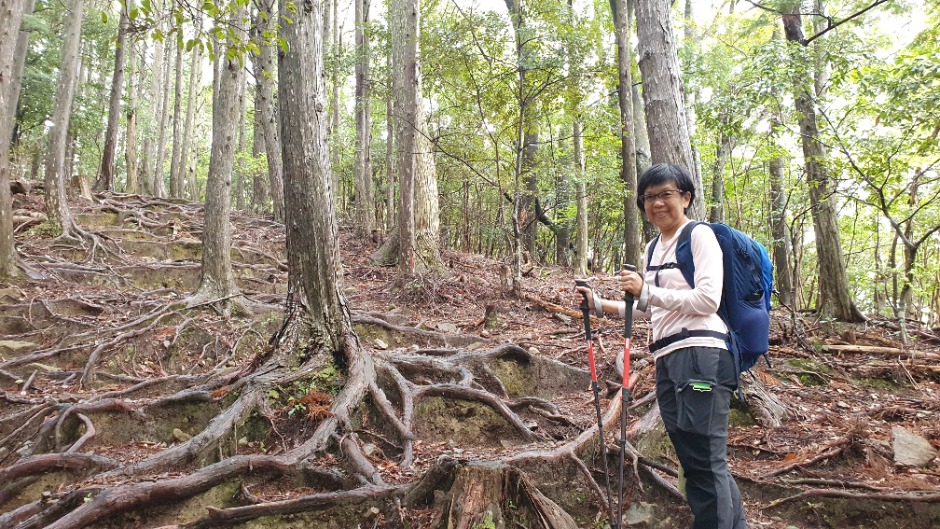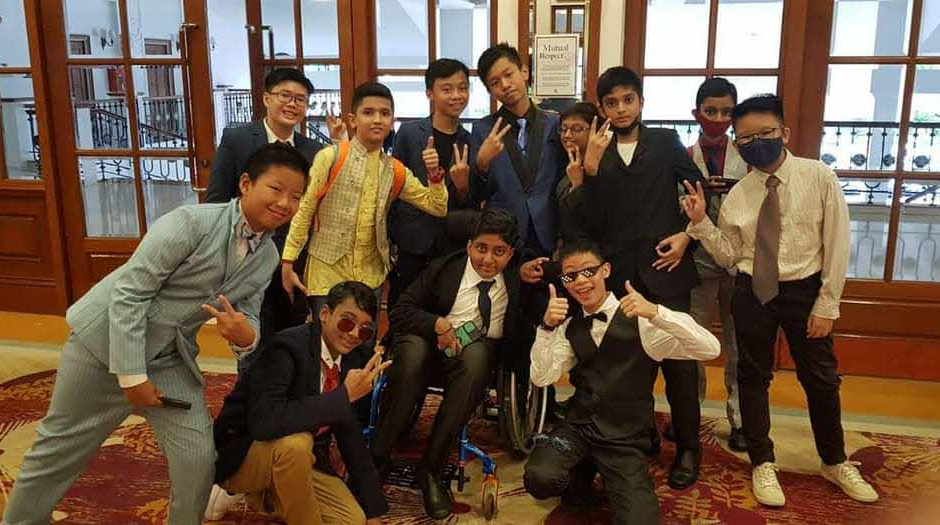Students with special needs go green
04 Jul 2014
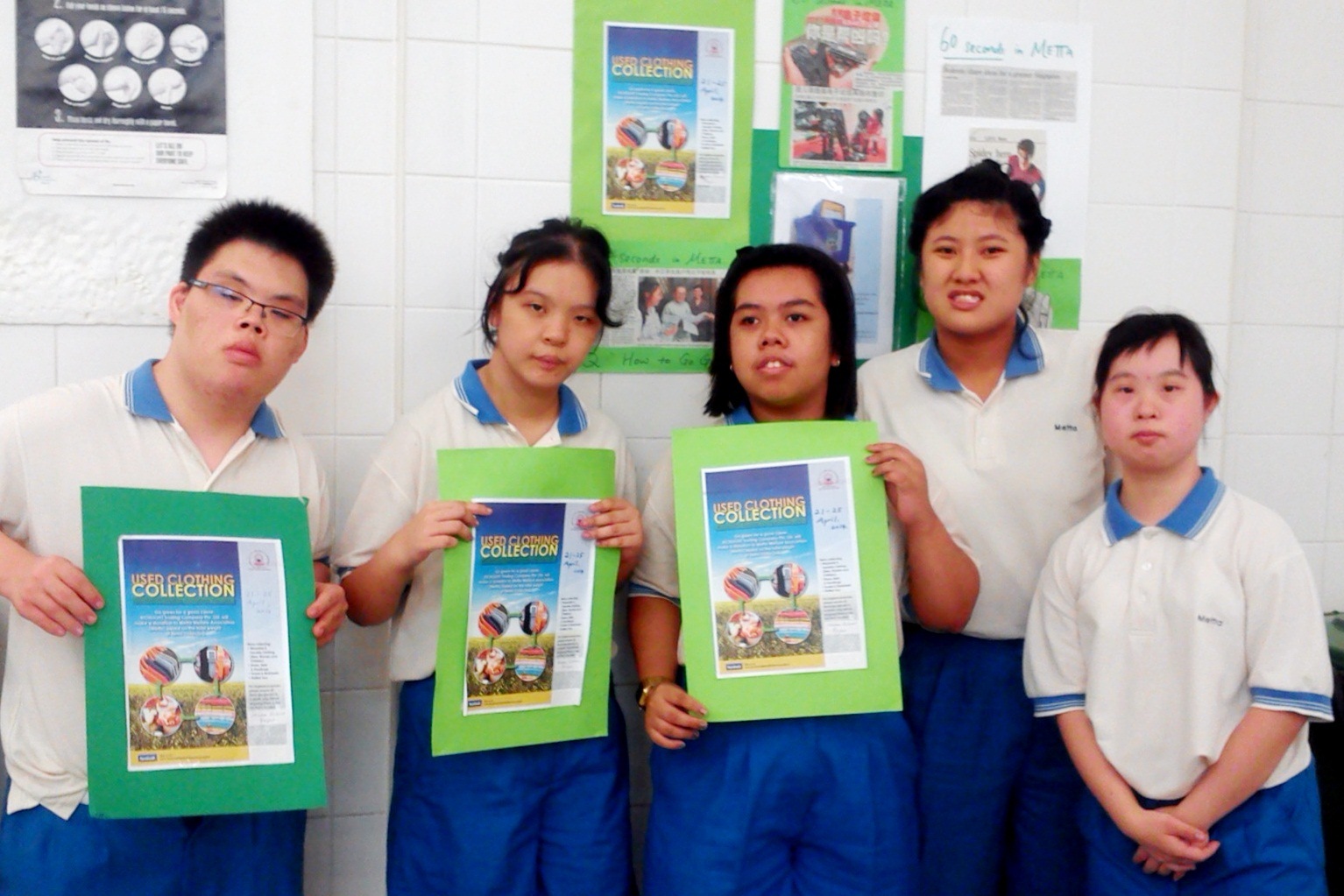
Peeking into the recycling bin each day, students at Metta School would get excited seeing the growing pile of clothing, soft toys, shoes, belts and other recyclable material. For a week, the special needs school had the bin placed at the school’s foyer to encourage students and staff to recycle, as part of their Earth and Green Day celebrations in the week of 22 April 2014.
At the end, students were delighted to hear that 254 kg of recyclable materials were collected and donated to a company that specialised in recycling.
For these students with special needs, a longer period of consistent exposure helped to instil a sense of awareness about their environment. Students at Metta School are aged between 7 and 21, and are usually those diagnosed with mild intellectual disability or mild autism spectrum disorders (ASD).
60 Seconds on Monday
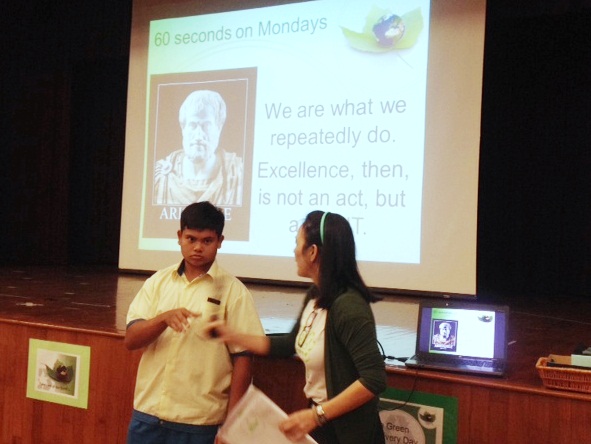 Two months prior to the celebrations, 60 seconds was set aside during assembly time on Mondays for teachers to share with students about conserving the environment.
Two months prior to the celebrations, 60 seconds was set aside during assembly time on Mondays for teachers to share with students about conserving the environment.
“As most of the students have a relatively low IQ, we have to simplify the language for them to understand what environmental conservation is about,” said Ms Ng Mooi Fung, the teacher-in-charge of the Earth and Green Day celebrations.
Terms like “global warming”, “climate change”, “greenhouse effect” and other complex concepts and words were certainly not the best approach. But photos, videos and suggestions of simple actions that students could take were a great hit!
To the surprise of Ms Ng, some brave students volunteered to speak about going green after a few weeks. These students made efforts to find out more and even prepared presentation slides with the help of a teacher before they mustered the courage to share their learning. One student was even inspired to write a poem on the environment, which was read out to the whole school.
Actively Caring for their Environment
In their daily activities, teachers noticed students taking small, but practical steps of action. Some had learnt to use both sides of paper sheets before discarding them. Others would remember to switch off the air-conditioning when leaving the classroom.
“We start with basic things that they can understand and do,” said Ms Ng.
Personally penning a letter to parents, the Principal, Mdm So Kah Lay, explained what had been taught in school and encouraged parents to support their efforts.
To perpetuate the learning that has only just begun in school, parents could do simple things at home. For example, by switching off the lights at home when not in use and being prudent with the use of water. The example set by parents and caregivers can make a larger impact than we sometimes realise.
Taking a step back to reflect on this simple but effective project, we see how students’ awareness of their surroundings can be heightened gradually. It is a reminder to parents, teachers and care-givers to keep teaching and believing in students, even if they have special needs.

